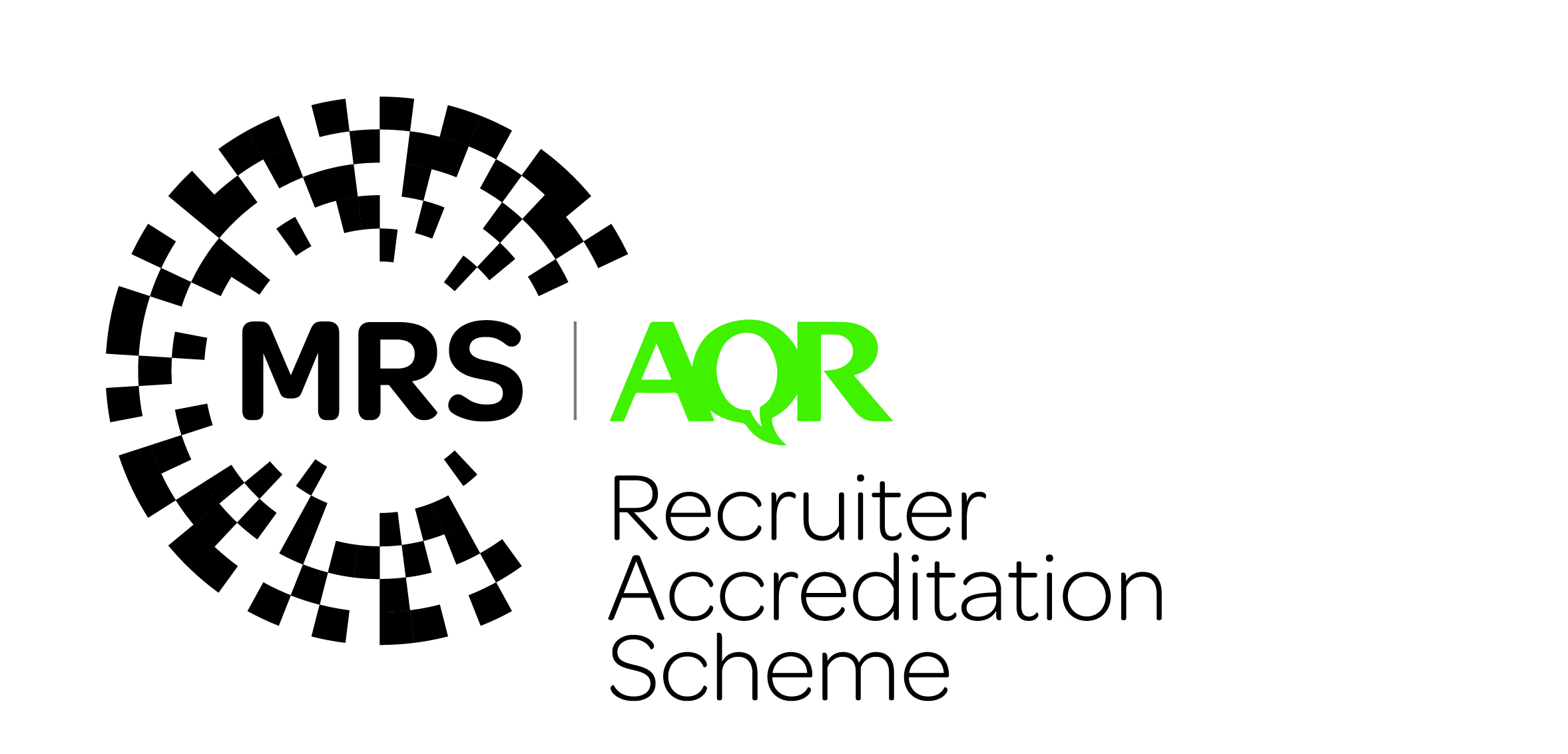All MRS websites use cookies to help us improve our services. Any data collected is anonymised. If you continue using this site without accepting cookies you may experience some performance issues. Read about our cookies here.
You are currently not logged in. Any progress made will be lost.
Collecting data on culture and religion
There are some recommendations when collecting data on culture and religion:
- There are different concepts of religion that can be measured, and these can include affiliation, belonging, belief and practice. It is important to be clear about what concept is being measured:
- Religious affiliation is the connection or identification with a religion irrespective of actual practice or belief
- Religious belonging can be interpreted as both loose self-identification and active or formal belonging to a religious group. This can produce problems of ambiguity as some people may respond that they have a religious affiliation but not belong to a religion.
- Religious belief includes beliefs typically expected to be held by followers of a religion and how important those beliefs are to a person’s life
- Inclusive language refers to the use of language that is not affiliated with a particular religion or belief
- A person’s religious belief cannot be assumed by their name
- Inclusive language should be free of any reference to one’s religious practice or belief. It should not be referenced unless relevant to the context.
- Only refer to people’s religion if it’s relevant to the information being communicated, for example: − First name, forename or given name, not Christian name
- Names of religions and religious groups are stated in upper case.
- Groups of individuals from the same religion should be referred to as a community, such as members of the Muslim community.
- Avoid using the term ‘citizen’ unless this is specific to the recruitment; instead use ‘the pubic’ as this is more inclusive incorporating people who live in the country who do not have citizenship e.g., refugees, visa holders, etc.


